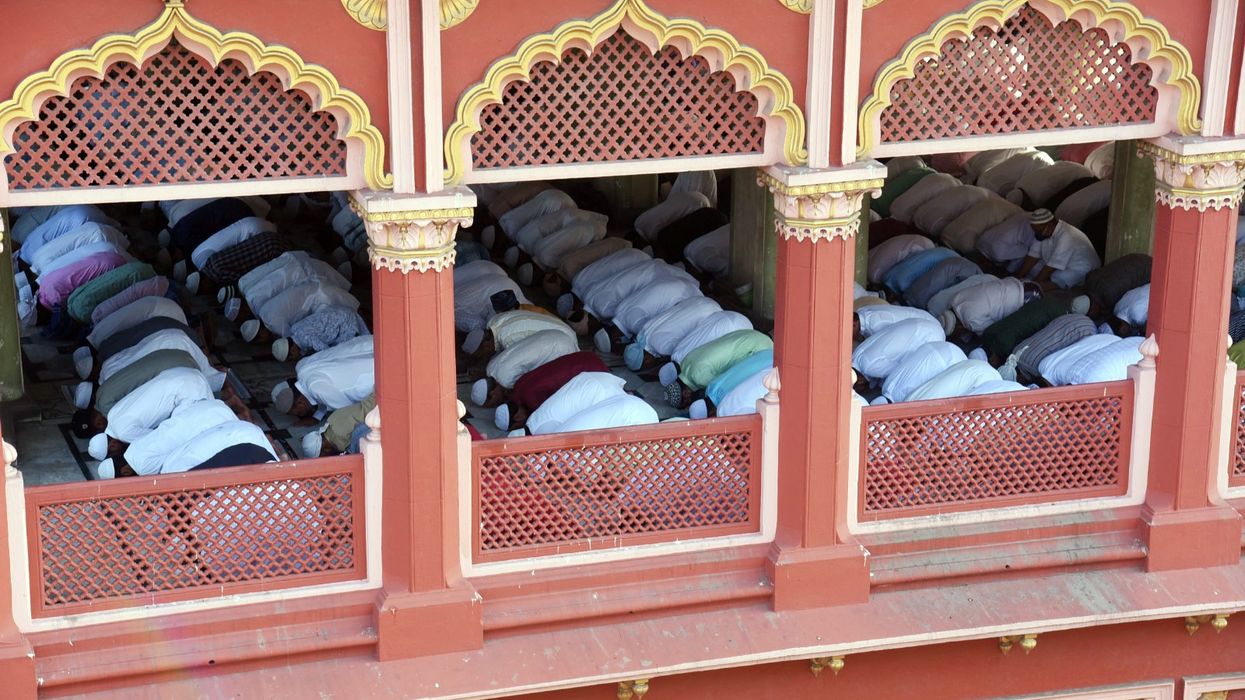AN INDIAN state where prime minister Narendra Modi’s Bharatiya Janata Party (BJP) is in power is set to introduce contentious common personal laws that will apply across religions this month, a template other state officials said they will look to follow.
Currently, India’s Hindus, Muslims, Christians and large tribal populations can follow their own personal laws and customs, or an optional secular code, for marriage, divorce, adoption and inheritance.
Framing a national common law has been one of the three core, decades-old promises of the BJP. It has fulfilled the other two: building the Ram temple in Ayodhya and removing the autonomy of the Muslim majority region of Jammu and Kashmir.
The northern state of Uttarakhand, nestled in the Himalayan foothills, is expected to unveil a Uniform Civil Code (UCC) bill this month, officials said.
The move comes ahead of Modi’s bid to win a rare third term in general elections to be held by May and may further help consolidate the Hindu vote, analysts said.
The UCC is a divisive issue, as many minority Muslims who criticise the BJP for its hardline Hindu-first image see it as interference with centuries-old Islamic practices, including polygamy and instant divorce, which were outlawed by the federal government in 2019.
Calling the UCC a “trial balloon” ahead of the elections, federal MP and prominent Muslim voice Asaduddin Owaisi said Hindu nationalists professed to like non-uniformity, except when it came to Muslims.
Although no draft of the UCC has been presented, BJP leaders have said it primarily has to do with modernising Muslim personal laws.
A committee set up in Uttarakhand in 2022 to draft the code was due to submit its work to the state government this month. It is likely be imminently presented to the state’s legislative body, two officials said. “Several state governments across India are looking at whether a uniform civil code could be implemented,” Nalin Kohli, a national BJP spokesperson, said. “The systematic process to get uniform civil code in several states has begun.”
Uttarakhand’s chief minister, Pushkar Singh Dhami, said on social media platform X that his ministers would study the draft and “start the process to make it into a bill and then an act”.
Modi’s government ended special privileges enjoyed by Kashmir in August 2019 and in January unveiled a grand temple to Hindu deity Ram, replacing a Mughal-era mosque razed by radical Hindu groups in 1992.
Personal laws can be legislated by both federal and state governments and other BJP-ruled states said they could use the Uttarakhand UCC draft as a template.
Earlier in January, the BJP’s Himanta Biswa Sarma, chief minister of Assam state, said: “I am waiting to see the UCC bill of Uttarakhand and once that is done, we will bring the same legislation” with some modifications. A committee appointed by Sarma last year is also expected to submit a draft bill to ban polygamy in the state soon.
Keshav Prasad Maurya, deputy chief minister of India’s most populous state, Uttar Pradesh, said “wherever the BJP is (in power) the possibility of bringing UCC has been and will always be there”. (Reuters)




